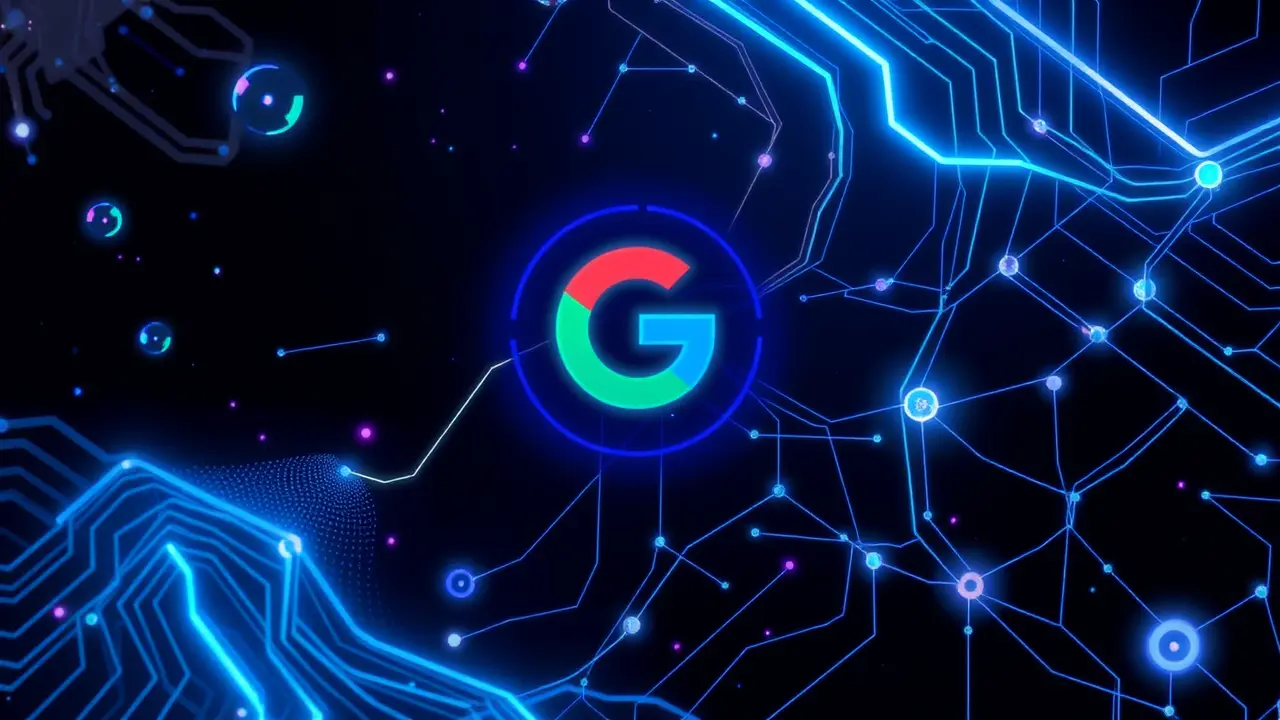
AIenterprise aiAI-powered Analytics
Google Gemini's Deep Research Now Uses Your Gmail and Drive Data
DA
Daniel Reed
6 hours ago7 min read2 comments
The evolution of artificial intelligence has reached another significant inflection point with Google's announcement that its Gemini Deep Research feature will now integrate personal data from Gmail, Drive, and Chat. Initially launched in March, Deep Research was designed to function as a sophisticated digital librarian, scouring the public web to compile comprehensive reports on complex topics.This new capability, however, marks a profound shift from a general-purpose research tool to a deeply personalized intelligence agent. By tapping into the private corpus of a user's emails, documents, spreadsheets, and chat histories, Gemini can now synthesize a narrative that is uniquely yours.Imagine requesting a competitive analysis for a marketing campaign; instead of generating a generic report, the AI can cross-reference your team's internal strategy documents in Drive, the feedback loops captured in email threads with colleagues, and the raw data in your Sheets with the latest market trends available online. This creates a holistic intelligence product that was previously the domain of expensive consulting firms, now accessible with a simple prompt.The underlying architecture likely involves sophisticated retrieval-augmented generation (RAG) systems, where the AI doesn't just rely on its pre-trained knowledge but dynamically fetches and reasons over the most relevant snippets of information from both the vast expanse of the internet and the intimate confines of your digital life. This move directly addresses the long-standing challenge of 'context windows' in large language models, effectively using your Google ecosystem as a limitless, personalized external memory.It's a bold step toward the vision of a true 'personal AI' that understands not just the world, but your specific place and work within it. Google's decision to make this a core feature, available even to non-paying users, is a strategic masterstroke in the escalating AI wars, effectively leveraging its entrenched ecosystem as an unassailable moat against competitors like OpenAI or Microsoft, who lack this depth of integrated personal data.However, this advancement is not without its profound ethical and technical quandaries. The specter of data privacy looms large; while Google assures users they can selectively enable access to individual services like Gmail or Drive, the very act of allowing an AI to parse our most sensitive communications and documents demands an unprecedented level of trust in the model's security, accuracy, and discretion.The potential for hallucination—where the AI confidently states false information—becomes far more dangerous when it's weaving together confidential internal data with public sources. Furthermore, this development accelerates the trend of 'agentic AI,' where models move beyond passive question-answering to actively performing multi-step tasks on our behalf, a path that inevitably leads to more autonomous systems.For researchers and professionals, this is a glimpse into the future of work, where AI acts as a co-pilot with an almost eidetic memory of every project document, email exchange, and data point you've ever encountered. The implications for productivity are staggering, but so are the questions about data sovereignty, algorithmic bias within private contexts, and the long-term impact on human cognition and professional skills. As we stand at this crossroads, the integration of personal data into AI research tools represents both a monumental leap in utility and a cautionary tale, forcing a necessary public conversation about the boundaries we wish to establish for these increasingly powerful and intimate digital companions.
#Google Gemini
#Deep Research
#Gmail
#Drive
#AI reports
#personalization
#data analysis
#featured
Stay Informed. Act Smarter.
Get weekly highlights, major headlines, and expert insights — then put your knowledge to work in our live prediction markets.
Related News
© 2025 Outpoll Service LTD. All rights reserved.

